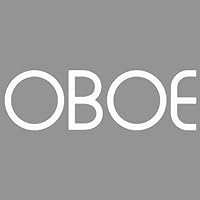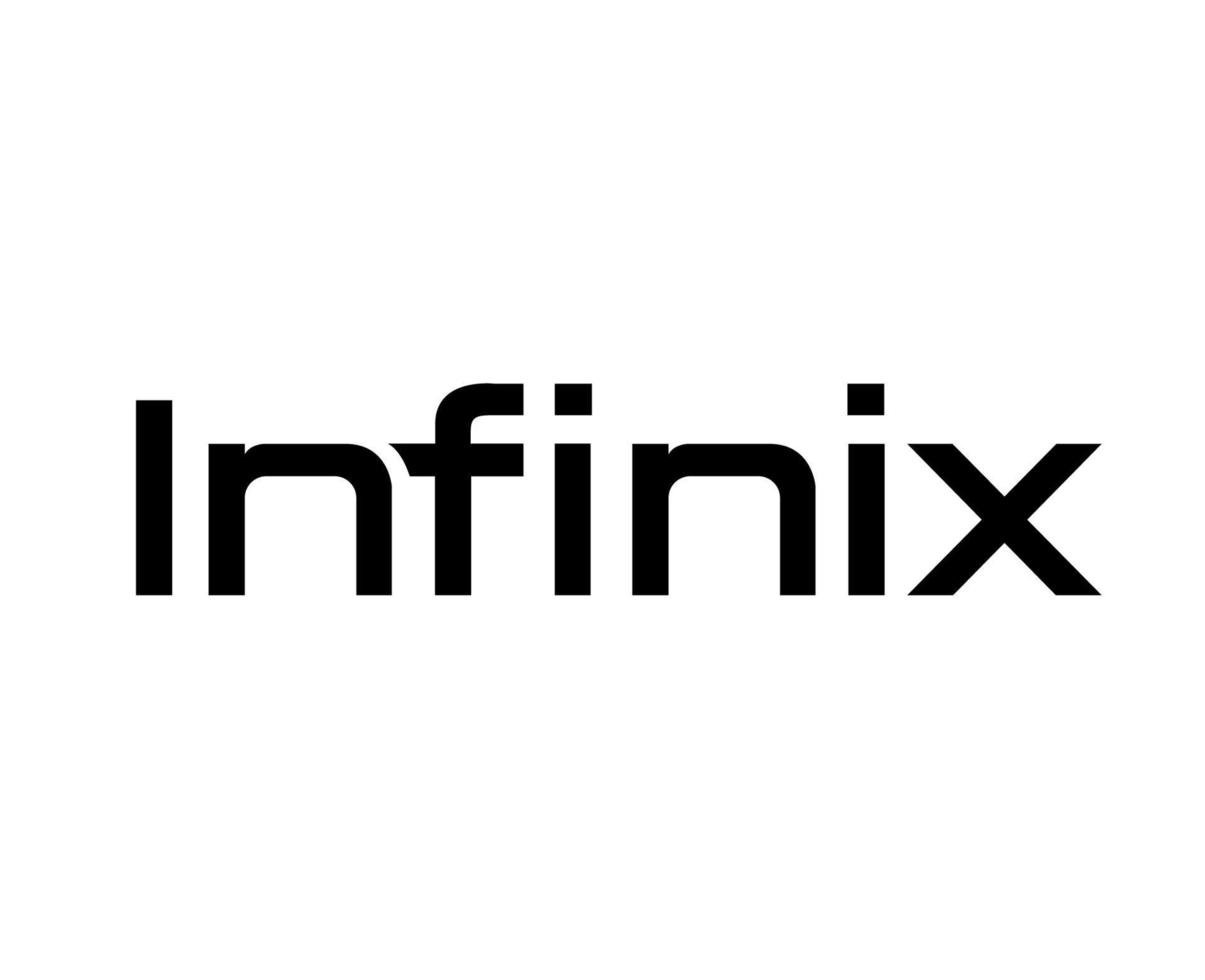The demand for data scientists in India is projected to grow by 36% from 2021 to 2031, with around 13,500 job openings available each year. Data scientists require skills in project management, programming, statistics, machine learning, and visualization. They use analytical tools and techniques to extract insights from data. Cloud computing is essential for data scientists, as traditional data management tools may not suffice due to the large volume of data businesses need to analyze. Cloud backup services are necessary to ensure data security and accessibility, with the 3-2-1 backup strategy being recommended. Some of the best cloud backup services include iDrive, Dropbox Backup, CrashPlan, and Backblaze. Laptops are also important for data science, with models like HP Pavilion series, Lenovo Slim Pro 7i, and Dell XPS 15 being recommended. Overall, a combination of cloud computing and laptops is essential for data science professionals.
Key Takeaways:
- Data science job openings in India are expected to grow by 36% from 2021 to 2031.
- Data scientists require skills in project management, programming, statistics, machine learning, and visualization.
- Cloud computing is crucial for data scientists due to the large volume of data to be analyzed.
- Cloud backup services, like iDrive, Dropbox Backup, CrashPlan, and Backblaze, ensure data security and accessibility.
- Recommended laptops for data science professionals include Lenovo Slim Pro 7 AMD and Dell XPS 13.
The Pros and Cons of Cloud Computing for Data Science
Cloud computing is essential for data scientists, as traditional data management tools may not suffice due to the large volume of data businesses need to analyze. Cloud backup services play a crucial role in ensuring data security and accessibility for data science professionals.
One of the key benefits of cloud computing is the ability to scale resources according to demand. Data scientists often work with massive datasets that require significant computational power. Cloud platforms provide the flexibility to scale up or down resources as needed, avoiding the need for expensive hardware investments. This scalability enables data scientists to process and analyze data more efficiently, leading to faster insights and decision-making.
Another advantage of cloud computing in data science is the seamless collaboration it offers. Data scientists often work in teams and need to share datasets, code, and analysis results. Cloud platforms provide centralized storage and collaboration tools, allowing multiple users to work together in real time. This fosters collaboration, enhances productivity, and streamlines the data science workflow.
However, there are also some challenges associated with relying solely on cloud computing for data science. One concern is data privacy and security. When sensitive data is stored in the cloud, there is always a risk of unauthorized access or data breaches. It is crucial for data scientists to choose reputable cloud providers and implement robust security measures to protect their data.
The Pros and Cons of Cloud Computing for Data Science
In conclusion, cloud computing has numerous benefits for data science professionals. It allows for scalability, collaboration, and cost-effectiveness. However, data privacy and security should be carefully addressed to ensure the protection of sensitive information. By leveraging the advantages of cloud computing and combining them with the computational power and portability of laptops, data scientists in India can enhance their productivity and drive impactful insights from data.
| Benefits of Cloud Computing for Data Science | Challenges of Cloud Computing for Data Science |
|---|---|
|
|
The Advantages of Laptops for Data Science
Laptops are also important for data science, providing data scientists with the flexibility and mobility they need to work on projects from anywhere. When it comes to choosing the right laptop for data science, three models stand out: the HP Pavilion series laptops, the Lenovo Slim Pro 7i, and Dell XPS series. These laptops offer powerful performance and high-quality displays, making them suitable for handling complex data analysis and visualization tasks.
The latest HP Pavilion Plus laptops come with the 13th Gen Intel Core processors, catering to the dynamic lifestyles and varied computing demands of modern consumers.
The Lenovo Slim Pro 7’s sleek design and lightweight build make it easy to carry, perfect for data scientists who need to work on the go. Additionally, the Dell XPS 13 is known for its exceptional display quality and long battery life, ensuring uninterrupted productivity.
However, it’s worth noting that the Microsoft Surface Laptop 5 has not seen significant improvements and may not be the best choice for data science professionals. While it offers a sleek design and portability, its performance and capabilities may fall short compared to other laptop models in its class. Therefore, it’s advisable to consider other options when selecting a laptop for data science.
How is HP ZBOOK Firefly Laptop for Data Science:
The HP ZBook Firefly is part of HP’s ZBook series, which is designed for professionals who require performance and reliability. Let’s evaluate the HP ZBook Firefly in the context of its suitability for data science tasks:
- Performance:
- The ZBook Firefly comes with various configurations, including Intel’s 12th-generation processors. For data science tasks, especially those involving large datasets and complex computations, a powerful processor is essential. Depending on the specific configuration, the Firefly can offer decent to strong performance.
- Graphics:
- The laptop features NVIDIA Quadro graphics, which are workstation-class GPUs. While Quadro GPUs are optimized more for CAD and professional 3D applications, they can still handle data science tasks, especially if they involve visualization or some deep learning tasks.
- Memory (RAM):
- RAM is crucial for data science tasks, especially when working with large datasets. The ZBook Firefly offers configurations with up to 64GB of RAM, which is ample for most data science tasks.
- Storage:
- Fast storage can significantly speed up tasks that involve reading and writing large amounts of data. The ZBook Firefly offers fast NVMe SSD options, which is a plus for data science.
- Build Quality and Reliability:
- The ZBook series is known for its durability and build quality. For professionals who rely on their laptops for critical tasks, this reliability can be a significant advantage.
- Portability:
- The ZBook Firefly is designed to be lightweight and portable, making it suitable for data scientists on the go.
- Connectivity:
- Good connectivity options are essential for data transfer, especially when working with large datasets. The ZBook Firefly offers a range of ports, including USB-C, HDMI, and more.
- Price:
- The ZBook series tends to be on the pricier side due to its professional-grade components and build quality. It’s essential to weigh the laptop’s features against its cost to determine if it offers good value for your specific needs.
Other Recommended Laptop Models for Data Science Professionals in India
| Laptop Model | Processor | Display | Battery Life |
|---|---|---|---|
| Lenovo Slim Pro 7 AMD | AMD Ryzen | High-quality | Long-lasting |
| Dell XPS 13 | Intel Core | Exceptional | Extended |
These recommended laptop models provide the necessary power, performance, and display quality for data science tasks. However, personal preferences and specific project requirements should also be taken into consideration when making a final decision.
Conclusion
In conclusion, a combination of cloud computing and laptops is essential for data science professionals in India. The demand for data scientists is projected to grow by 36% from 2021 to 2031, with around 13,500 job openings available each year. As data scientists require a diverse skill set in project management, programming, statistics, machine learning, and visualization, they rely on analytical tools and techniques to extract insights from data.
Cloud computing plays a crucial role in data science, as traditional data management tools may fall short in handling the large volume of data that businesses need to analyze. Cloud backup services are necessary to ensure data security and accessibility. It is recommended to follow the 3-2-1 backup strategy, which involves having three copies of your data, stored on two different media, with at least one copy stored off-site. Popular cloud backup services such as iDrive, Dropbox Backup, CrashPlan, and Backblaze can provide the necessary support for data scientists in India.
However, the choice of the right laptop is equally critical in enhancing the efficiency of data analysis and visualization. Among the plethora of options available, the HP ZBook Firefly 14 G9 Mobile Workstation PC emerges as the frontrunner. This laptop boasts a 12th Generation Intel® Core™ i7 processor, Windows 10 Pro, Intel® Iris® Xᵉ Graphics, and an NVIDIA® T550 Laptop GPU. With a spacious 1 TB PCIe® NVMe™ TLC SSD, it provides the processing power and storage capacity necessary for seamless data science tasks.
To excel in the dynamic field of data science, professionals in India are encouraged to harness the combined prowess of cloud computing and laptops. The HP ZBook Firefly 14 G9 stands out as the optimal choice, offering a robust blend of processing capabilities and storage capacity, enabling data scientists to extract meaningful insights, meet the demands of the evolving job market, and make a substantial impact in their respective industries.
Explore data science laptop under 1 lakh





















